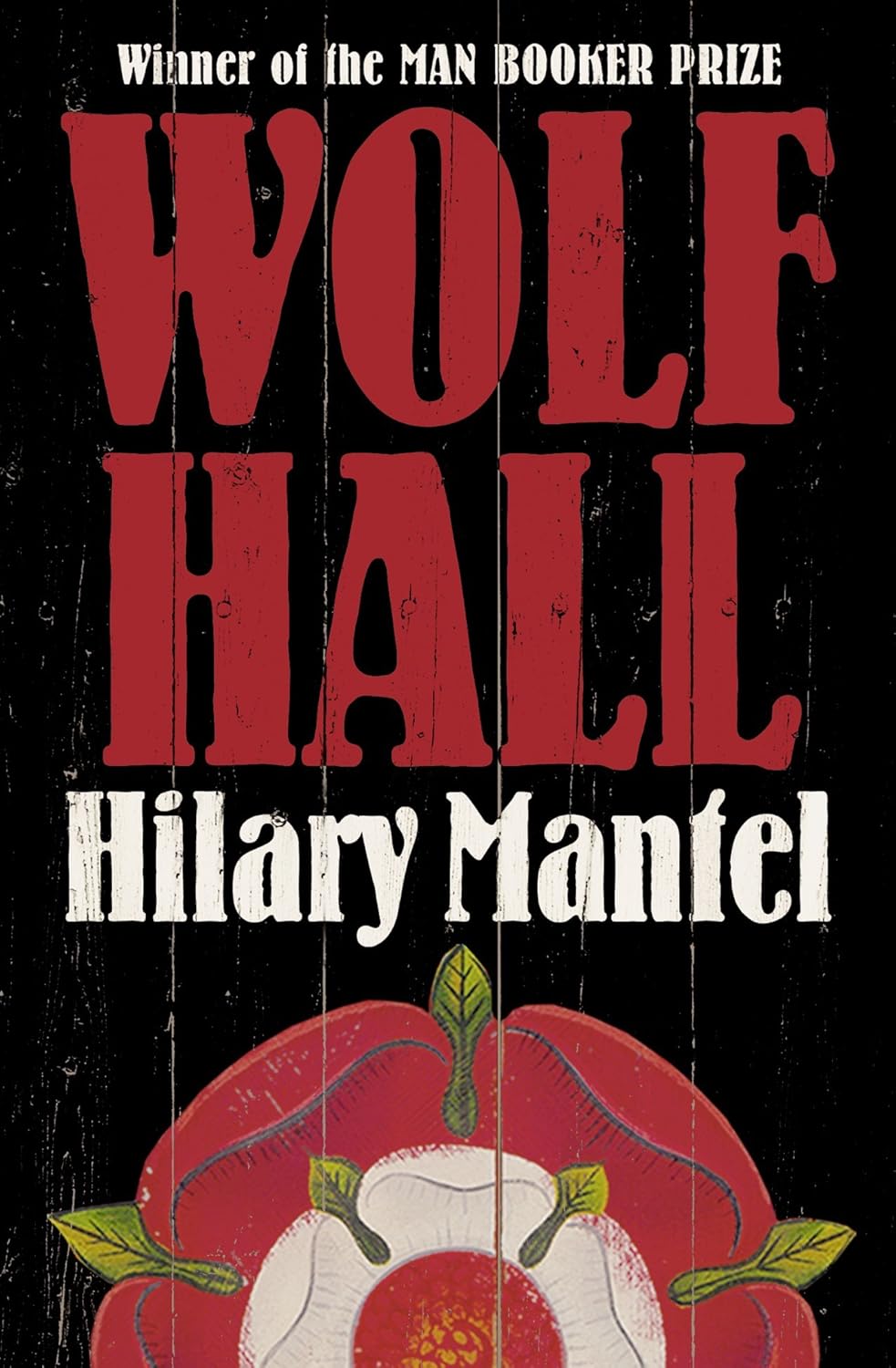 The Knife of Never Letting Go is the first book in
nominated-for-just-about-everything-ever-between-them Chaos Walking trilogy. It
starts in the ''New World" town of Prentisstown where Todd Hewitt is the
last boy in town. Since the war, Prentisstown has no women left and when a boy
turns 13 something happens to him which means he becomes a man. It must also be
mentioned that in Prentisstown, everyone can hear the thoughts and memories of
everybody else- the 'Noise' that spills out of every man in inescapable waves.
Even animals have noise, from the most private to the most inane, there's no
getting away from it.
The Knife of Never Letting Go is the first book in
nominated-for-just-about-everything-ever-between-them Chaos Walking trilogy. It
starts in the ''New World" town of Prentisstown where Todd Hewitt is the
last boy in town. Since the war, Prentisstown has no women left and when a boy
turns 13 something happens to him which means he becomes a man. It must also be
mentioned that in Prentisstown, everyone can hear the thoughts and memories of
everybody else- the 'Noise' that spills out of every man in inescapable waves.
Even animals have noise, from the most private to the most inane, there's no
getting away from it. Out collecting apples with his intellectually challenged dog Manchee, life changes dramatically for Todd a month before he becomes a man. Todd discovers an impossible silence, a gap in the noise, in the swamp outside Prentisstown. Returning home that afternoon, he finds that his guardians, Ben and Cillian have his bags pre-packed, no proper answers and a lot of meaningful looks and hurried goodbyes for him. Running from sudden gunshots towards the swamp, Todd is about to find out for himself that though the life he has led has been hard and miserable, it is not the truth. He and Manchee are forced from home for reasons unknown, with only a rucksack and a book he can't read to begin a journey across a world that until that morning, Todd had thought was absolutely empty of any other settlement. Blindly making his way to where he's guessing he's supposed to go, Todd meets a lot of people- one that stays through thick and thin, some that help, some that heal and some that hurt. He faces prejudice, impossible decisions, tests of strength and faith, but his resilience, bravery and constant need to do the right thing keep Todd and his companions running from their enemies.
Like all the best Young and not so Young Adult novels, The Knife of Never Letting Go touches on some of the most universal elements of humanity. Themes of love and loss, family, loyalty, doing the right thing, sacrifice, death, bravery and most things in between. It's fast paced, engaging and has some brilliant characterisation. Ness knows exactly what balance of made-up dialect, phonetic speech, grumpiness and personality idiosyncrasies to use to create a believable character that comes across as both ordinary and remarkable at the same time. I loved the handwritten fonts that revealed who's noise was being heard at the time- the mixed up jumble of fonts in loads of different sizes reveals to the reader how angry up upset a Prentisstown resident is and shows how oppressive and overwhelming it must be to hear that all the time.
I had to read a book club title straight after TKONLG, but all the way through I was desperate to put it down and start on the sequel, The Ask and the Answer. The first book ends on such a cliffhanger that it's impossible to wait. Todd is not the only person with questions that he needs answers to.
Throughout A Monster Calls, also by Partick Ness, I was constantly impressed by the emotion and the warmth in Ness' prose. This book is the same- it's the idea of hope dragging a person through the worst experiences in the world, even when it looks like there isn't any end to the misery. He's soooo good at creating characters that the reader empathises with- despite being inexperienced, beaten up, ruthlessly pursued and emotionally ruined, Todd still shows so much strength of character, and I think that is, in part, what makes the pages of this book turn so quickly.



